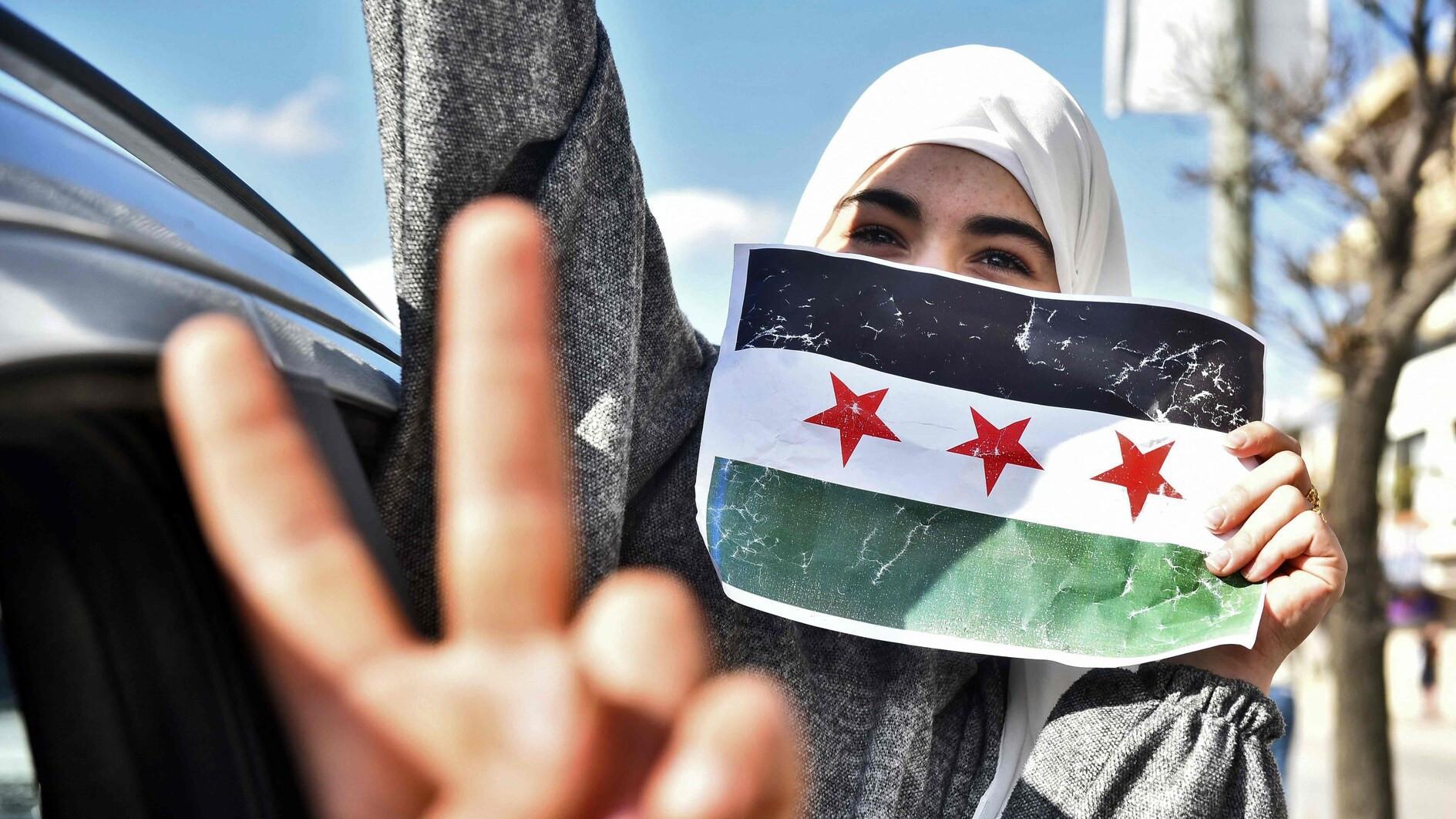
Syria's government appears to have fallen after opposition fighters said they had entered Damascus following a stunning advance and a Syrian opposition war monitor reported that President Bashar Assad had left the country.
Rami Abdurrahman of the Syrian Observatory for Human Rights, an opposition group, said Assad took a flight from Damascus and left early Sunday. There was no immediate official statement from the Syrian government.
It was the first time opposition forces had reached Damascus since 2018 when Syrian troops recaptured areas on the outskirts of the capital following a yearslong siege.
The night before, opposition forces had taken the central city of Homs, Syria’s third largest, as government forces abandoned it.
The rapidly developing events have shaken the region. Lebanon said it was closing all its land border crossings with Syria except for one that links Beirut with Damascus. Jordan closed a border crossing with Syria, too.
Eight key countries gathered with the U.N. special envoy on Syria on the sidelines of the Doha Summit for two hours of discussions Saturday night, and more will follow. The U.N. envoy seeks urgent talks in Geneva to ensure an “orderly political transition.”
Hezbollah fighters leave
Monitoring events in Damascus, the Britain-based Observatory confirmed "the doors of the infamous 'Sednaya' prison... have been opened for thousands of detainees who were imprisoned by the security apparatus throughout the regime's rule".
Assad's government has earlier denied the army had withdrawn from areas around Damascus.
Reports the president had fled were followed by the premier saying he was ready to "cooperate" with a new leadership and any handover process.
"This country can be a normal country that builds good relations with its neighbours and the world... but this issue is up to any leadership chosen by the Syrian people," Jalali said in a speech broadcast on his Facebook account.
Assad has for years been backed by Lebanese Hezbollah, whose forces "vacated their positions around Damascus" according to a source close to the group.
Hezbollah "has instructed its fighters in recent hours to withdraw from the Homs area, with some heading to Latakia (in Syria) and others to the Hermel area in Lebanon", the source also told AFP.
'Suddenly everyone was scared'
AFP has been unable to independently verify some of the information provided by the government and the rebels, as its journalists cannot reach the areas around Damascus where the rebels say they are present.
Residents of the capital described to AFP a state of panic on Saturday as traffic jams clogged the city centre, people sought supplies and queued to withdraw money from ATMs.
"The situation was not like this when I left my house this morning... suddenly everyone was scared," said one woman, Rania.
A few kilometres (miles) away, the mood was starkly different.
In a Damascus suburb, witnesses said protesters toppled a statue of Assad's father, the late leader Hafez al-Assad.
AFPTV images from Hama, Syria's fourth-largest city, showed abandoned tanks and other armoured vehicles, one of them on fire.
Hama resident Kharfan Mansour said he was "happy with the liberation of Hama and the liberation of Syria from the Assad regime".
Soldiers 'fled' to Iraq
The Observatory said on Saturday government forces had lost control of all southern Daraa province, the cradle of the 2011 uprising.
The army said it was "redeploying and repositioning" in Daraa and another southern province, Sweida.
The Observatory also said troops were also evacuating posts in Quneitra, near the Israeli-annexed Golan Heights.
Jordan has urged its citizens to leave neighbouring Syria "as soon as possible", as have the United States and Assad ally Russia, which both keep troops in Syria.
An AFP correspondent in Daraa saw local fighters guarding public property and civil institutions.
In Sweida, a local fighter told AFP that after government forces withdrew "from their positions and headquarters, we are now securing and protecting vital facilities".
An Iraqi security source told AFP that Baghdad has allowed in hundreds of Syrian soldiers, who "fled the front lines", through the Al-Qaim border crossing. A second source put the figure at 2,000 troops, including officers.
'War, blood and tears'
HTS is rooted in the Syrian branch of Al-Qaeda. Proscribed as a terrorist organisation by Western governments, it has sought to soften its image in recent years, and told minority groups living in areas they now control not to worry.
Since the offensive began, at least 826 people, mostly combatants but also including 111 civilians, have been killed, the Observatory said.
The United Nations said the violence has displaced 370,000 people.
U.N. special envoy to Syria, Geir Pedersen, called for "urgent political talks" to implement a 2015 Security Council resolution, which set out a roadmap for a negotiated settlement.
Russian Foreign Minister Sergei Lavrov said it was "inadmissible" to allow a "terrorist group to take control" of Syrian territory.
Moscow and Tehran have supported Assad's government and army during the war.